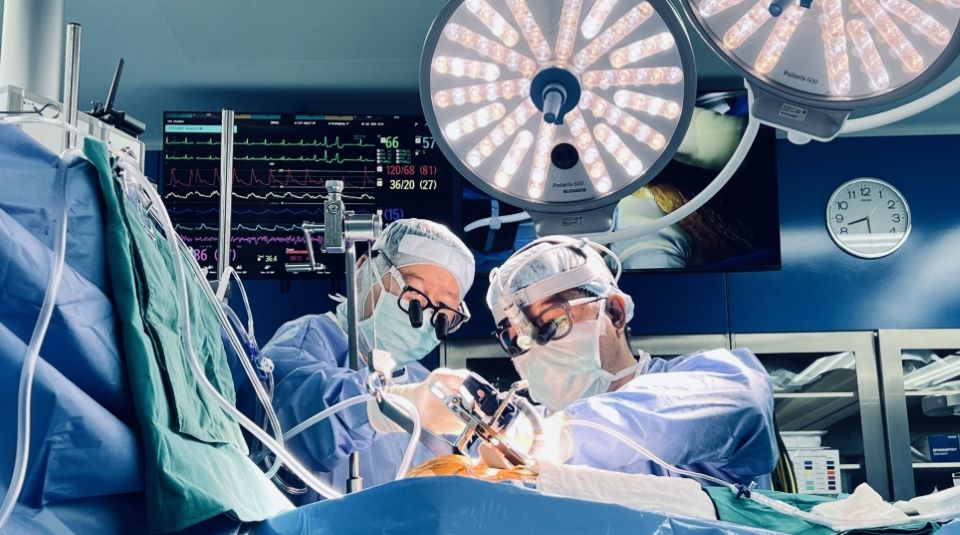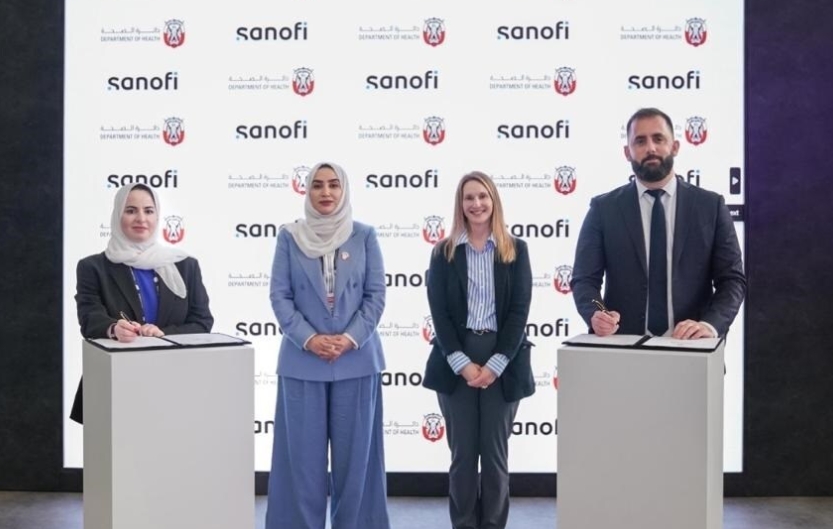
BioSpectrum recently talked with Dr Liow Swee Lian, an accredited Clinical Embryologist, Ministry of Health, Singapore and Scientific Director of Virtus Fertility Centre, about latest scientific techniques alongside stringent standards in the ‘clean room’ embryology laboratory for fertility care. Dr Liow joined the Department of Obstetrics and Gynaecology at the National University of Singapore in 1990, where he worked with a pioneering group of reproductive biologists and clinical embryologists in Singapore. Over the past two decades, he has helped many couples achieve their dream of having a baby, and has enjoyed high success rate in the first cycle with frozen embryos.
When trying to decide on a fertility specialist, couples should first understand their needs and familiarise themselves with the current treatments available. One of the most important deciding factors is the level of comfort and trust between a couple and the fertility specialist, to allow for open conversations.
Compliance on safety standards and cleanliness of the clinic and laboratory as well as the expertise should also be taken into consideration as this would assure couples of receiving optimal care and comfort at the clinic.
Success rates of a clinic may reflect the effectiveness of its treatments to an extent, but couples should keep in mind that every clinic has its own way of calculating success rates and that each individual case is unique. Last but not least, while couples should not base their entire decision on financial costs, it is also an area that should be considered ahead of time.
Prior to the launch in 2014, Asia has predominantly been an underserviced and fragmented IVF market. Singapore is also recognised as a medical hub within the region and as the demand for IVF services were expected to grow, and more women are delaying pregnancy, we opened the clinic with the aim to provide expert and compassionate care for couples experiencing difficulty getting pregnant with a team of leading fertility doctors, embryologists, nurses, counsellors and support staff.
At Virtus, we understand that fertility tests, diagnosis and treatment can be an extremely emotional journey. Therefore, we offer counselling services that is unique in Singapore such as scientific and emotional counselling sessions. Scientific counselling is conducted by an embryologist who will guide the couple through the IVF processes and discuss and answer queries from the couple. Emotional counselling provides support for all IVF patients as well as specialist counselling for our donor programmes and genetic testing.
Committed to raising the standard of fertility care in the region, we have an ISO-certified clean room IVF laboratory that is custom-built for patient care and comfort. The laboratory is constructed using cleanroom panels without any gaps coupled with dedicated air conditioning supply and positive air pressure within the laboratory to eliminate environmental fluctuations and ensure good, clean air quality, essential for optimal embryo development.
In addition to double-witness in verification on every step of the IVF process, we also use radio- frequency identification (RFID) to automatically identify and track tags that are attached to dishes and tubes containing patient’s eggs, embryo and sperm. As the tags electronically stores patient information, this will allow for the movement of the patient’s samples throughout the IVF process to be monitored to avoid mismatch.
This is dependent on the cause of infertility that one is diagnosed with. For male infertility cases such as azoospermia and severe oligoteratozoospermia, Intracytoplasmic Sperm Injection (ICSI) and Intracytoplasmic Morphologically-selected Sperm Injection (IMSI) can help couples conceive with IVF treatment. For high sperm DNA fragmentation, the procedure, Fine Needle Testicular Sperm Extraction (TESE), is usually called for by fertility specialists. IMSI uses high magnification microscopy to identify a healthy sperm before injection into the egg. This procedure helps to improve the chance of getting a healthy pregnancy.
For female infertility, current most effective treatment options include IVF and ICSI, surgical interventions to remove fibroids and hormonal treatments amongst others. At the end of the day, it is key that couples seek help from fertility specialists together to allow for a holistic treatment course.
My favoured approach to SET is doing a single blastocyst transfer in a frozen cycle. Reason being, blastocyst is the final stage of pre-implantation embryo development. At this stage, the implantation potential is much higher, at 60 – 70%, versus cleavage stage embryos at 30 – 40%. Vitrification is the latest and most effective method of embryo freezing. It has been shown that survival rates of embryos that have undergone vitrification is at least 95% as compared to 50% for embryos that have undergone slow-freezing method. In frozen embryo transfer (FET) cycle, conditions for implantation are optimized and we have seen that majority of babies born from frozen cycle are as healthy as babies who are conceived naturally.
I will choose to transfer more than two embryos if the woman is 40 years and above, or for women who have at least one failed embryo transfer.
The cost of treatment is dependent on the type of treatment undertaken and varies from clinic to clinic.
The greatest challenge is to find a healthy sperm to fertilize an egg particularly from men with non-obstructive azoospermia where there is dysfunction in spermatogenesis. The man will need to have a biopsy taken from his testicles (TESE) and sperm from the testicular tissues are then used for ICSI. Very often, it will be like looking for a needle in a haystack. Sometimes, very immature sperm cells such as round spermatids are used when there is no testicular sperm.




